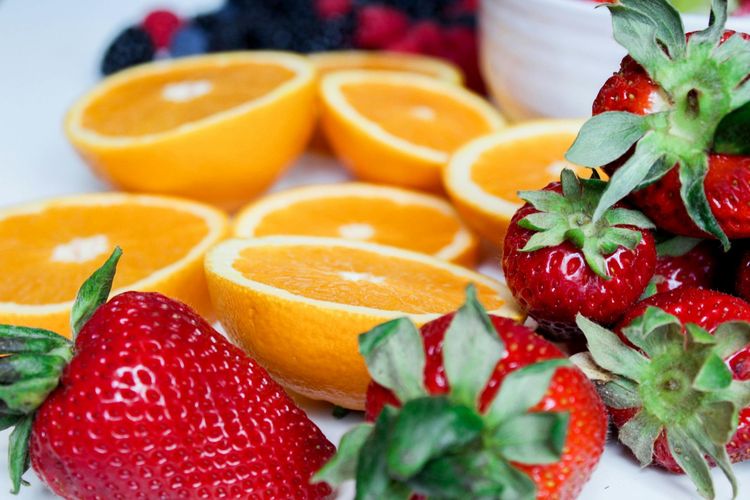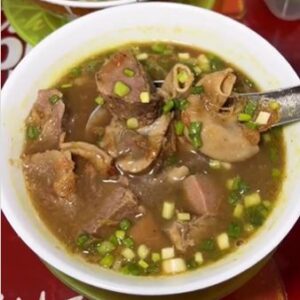KOMPAS.com – Christmas and New Year holidays are synonymous with celebrations, delicious food, and of course various types of sweet dishes.
But behind the sweetness, there is a danger to health, namely diabetes.
Sweet foods not only increase blood sugar levels significantly, but can also pose greater health risks if not controlled properly.
Also read: Is Papaya Safe for Diabetes Sufferers?
Why is too much sweet food dangerous?
When consuming sugar, the insulin hormone in the body will help process sugar in the blood.
Sweet foods generally contain simple carbohydrates that are quickly digested and immediately increase blood sugar levels.
When the body doesn’t produce enough insulin or doesn’t use it effectively, sugar builds up in the blood, causing diabetes.
Excessive consumption of sweet foods not only increases the risk of blood sugar spikes, but can also cause long-term complications such as insulin resistance, organ damage, and an increased risk of cardiovascular disease.
Therefore, keeping sugar intake below 10 percent of total daily calories is an important step.
Some types of sugar that are often found in sweet foods include glucose, fructose, sucrose, high fructose corn syrup, honey, and agave nectar.
Also read: Benefits of consuming boiled celery water for diabetes sufferers
Sources of this sugar are often hidden in products such as cakes, sweet cereals, sauces, fizzy drinks and flavored yogurt.
Additionally, processed foods that don’t seem particularly sweet, such as spaghetti sauce or flavored oatmeal, also often contain added sugar.
Safe strategies for consuming sweet foods
While sweet treats can be enjoyed occasionally, it is important to practice portion control and understand their impact on blood sugar levels.
Here are some tips for keeping blood sugar levels stable during the Christmas and New Year holidays:
Choose more complex carbohydrates
Consume carbohydrates with a low glycemic index, such as whole grains, fresh fruit, and non-starchy vegetables, to avoid blood sugar spikes.
 Illustration of fruit that can reduce uric acid
Illustration of fruit that can reduce uric acidCombine with protein and healthy fats
Foods that contain protein and healthy fats can slow the absorption of sugar in the blood, helping keep blood sugar levels stable.
Reduce consumption of added sugar
Avoid sweet drinks such as soda and juice, as well as foods that contain added sugar. Instead, choose water, unsweetened tea, or unflavored carbonated water.
Also read: Can Diabetics Eat Mangoes?
Use safe sugar substitutes
Some sugar substitutes, such as stevia or erythritol, may be safer alternatives for diabetes sufferers. However, keep consuming it in moderate amounts.
Avoid snacks high in sugar
Replace snacks such as candy or cookies with healthier options, such as nuts, seeds, or small portions of fresh fruit.
Listen breaking news And selected news we’re right on your phone. Choose your favorite news channel to access Kompas.com WhatsApp Channel: https://www.whatsapp.com/channel/0029VaFPbedBPzjZrk13HO3D. Make sure you have installed the WhatsApp application.






